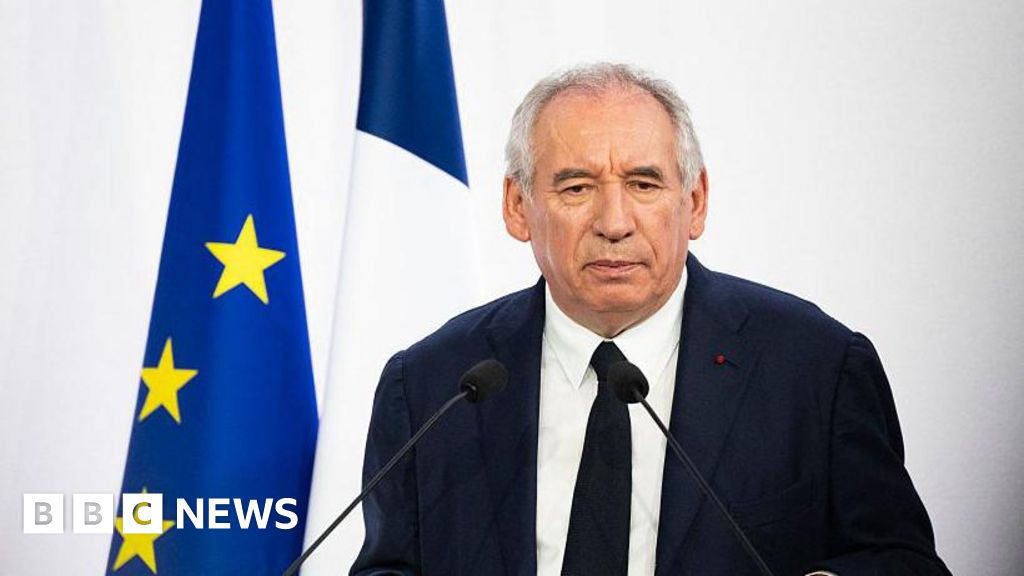France's Prime Minister François Bayrou has put forth a contentious proposal to eliminate two public holidays as part of his budget plans for 2026, aiming to curtail the nation’s mounting debt. Bayrou, in his speech, earmarked Easter Monday and May 8—marking the Allied victory in Europe during World War II—for removal, stating that the numerous public holidays in May created a "gruyère" effect on productivity. He emphasized the urgent need for reform, arguing that France risks being "crushed" under its crippling debt.
Bayrou's budget plan includes additional measures such as freezing public spending for the upcoming year, revoking tax benefits for wealthier citizens, and reducing the workforce in civil service. Furthermore, it incorporates President Emmanuel Macron's directive to increase defense expenditure by €3.5 billion next year, followed by another €3 billion in 2027.
The prime minister's proposal, particularly the holiday cuts, has drawn significant political ire. The far-right National Rally (RN) party criticized the suggestion as an assault on French culture and labor rights, while Green party leader Marine Tondelier expressed dismay at the potential loss of a holiday commemorating the fight against Nazism.
During a press query following his address, Bayrou defended his ideas, labeling them “basic arithmetic" while emphasizing the necessity of finding over €40 billion to address France’s budgetary needs, particularly with a €5,000 per second accrual of debt. His target is to reduce the budget deficit from last year’s 5.8% to below 4.6% next year and eventually reach under 3% by 2029.
Bayrou, a centrist who recently assumed office in December, faces the daunting task of navigating a divided parliament, which has witnessed fierce opposition to governmental financial plans. Echoing sentiments from left-wing factions, Jean-Luc Mélenchon of France Unbowed (LFI) has asserted that Bayrou must resign, while Marine Le Pen from RN suggested alternatives to help cut unnecessary spending instead of targeting workers’ rights.
Amid the threat of a no-confidence vote that could lead to government collapse, Bayrou has expressed determination to push through reforms despite the political risks involved. Should his administration falter, President Macron will be tasked with appointing a successor or potentially resorting to an unelected technocratic government—neither of which would satisfy the current parliamentary majority. The impending budget vote poses a critical juncture for France, as the political landscape remains fraught with tension and uncertainty regarding fiscal governance.




















